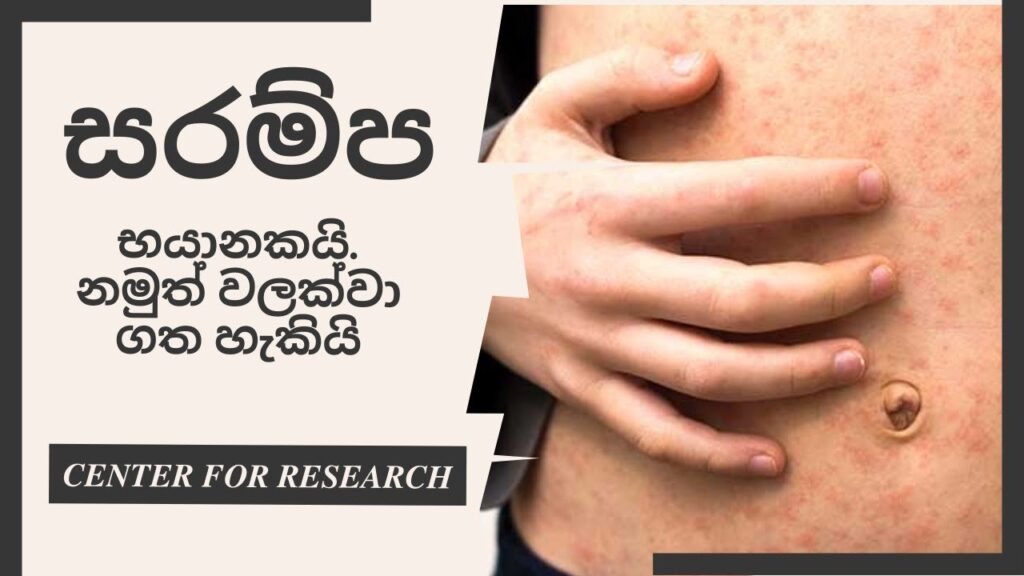

The monkeypox virus is the infection that causes monkeypox. It can spread from animals to people since it is a viral zoonotic infection. Additionally, it is transferrable between people and the environment, as well as between humans.
Numerous symptoms and indicators are associated with monkeypox. While some people experience less severe symptoms, others may experience more severe diseases and require medical attention in a facility. Pregnant women, children, and people with impaired immune systems are often at higher risk. The most frequent signs and symptoms of monkeypox during the 2022 outbreak were fever, headache, muscle aches, back pain, low energy, and swollen lymph nodes. A rash that could continue for two to three weeks may also appear. The face, palms of the hands, soles of the feet, groin, genital, and/or anal regions might all be affected by the rash.
Additionally, it might be discovered in the eyes, in mouth, throat, vagina, or anus. From one to several thousand sores may be present. Skin sores start out flat, fill with liquid, then crust over, dry up, and fall off, revealing a new layer of skin underneath. Studies are still being conducted to monitor and better understand the symptoms of this recent outbreak, including which body regions may be impacted and how long symptoms might remain.
Avoid unprotected contact with wild animals, especially those ill or dead, in countries where monkeypox is a problem (including their meat and blood). Before eating, all items should be thoroughly cooked if they contain meat or animal parts. By avoiding direct contact with those who have monkeypox, you can lessen your chance of contracting it from them. Keep yourself aware of the prevalence of monkeypox in your community or social group, and be upfront with anyone you come into close contact with (especially those with whom you have sexual contact) about any symptoms you or they may be experiencing. Use a hand rub with alcohol or soap and water to often wash your hands.
Specially obtaining medical assistance and keeping to yourself until you have been examined and tested, you can take precautions to safeguard other people if you believe you may have monkeypox. Until all of your sores have crusted over, the scabs have peeled off, a new layer of skin has formed underneath, and all of the sores inside your body have also healed, you should keep to yourself whether you have monkeypox, whether it is probable or confirmed. You won’t be able to spread the virus to others as a result of this.
![]()

